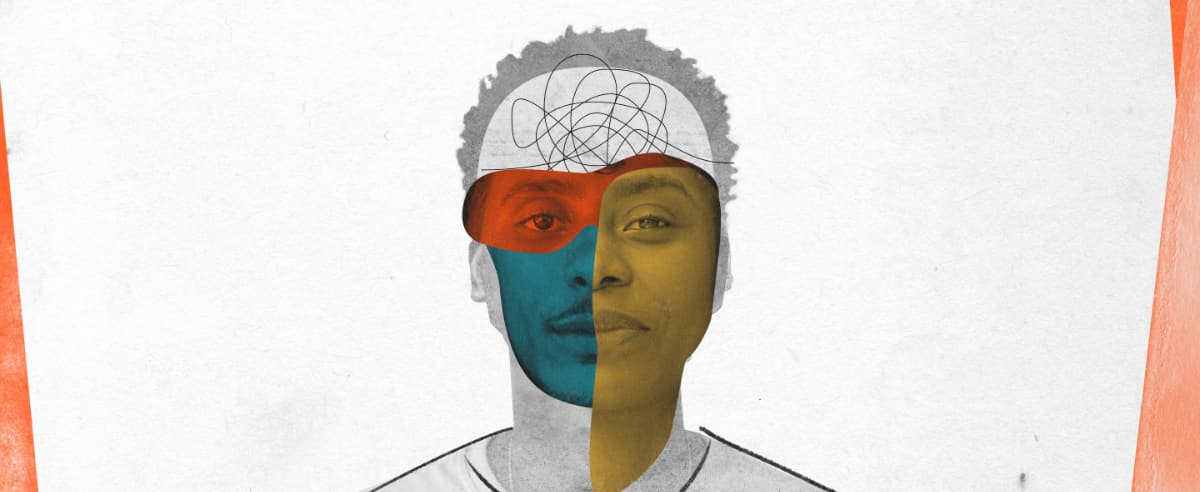Young people aged 15 to 24 currently account for 16 % of the world population, a figure that will likely rise to almost 1.3 billion by 2030. The issue of their integration and support is therefore a real challenge, particularly in Africa. In light of this, through the JADE Programme agreement, GRET is working to support young people and facilitate their integration.
With a wealth of experience in the area of economic inclusion of young people, GRET and its partners are promoting better support of young people and contributing to their improved integration capacity so that they can become a lever of change. Launched in July 2020 and funded by Agence française de développement, the JADE programme is a pilot programme introducing reflection on young people as a cross-cutting theme in development. Its objective is to structure a multi-dimensional approach to young people’s integration. The programme designs and tests relevant, innovative methods to support young people in their overall integration (economic and professional, social and civic, environmental and climatic). In this way, young people are considered as stakeholders in change, and no longer as simply beneficiaries of development actions.
A process through which a person integrates and questions the norms, values and requirements of the society and the territory in which they live, are recognised and act. Integration takes place within a multi-dimensional dynamic, that aims to give each person the capacity to play an economic role as an actor in their own financial empowerment; a social role as an actor in their active citizenship and engagement in society; and an environmental and climatic role as an actor in addressing the challenges of ecological transition.
JADE 1 (2020-2023) laid the foundations of an inclusive strategy to support young people viathe implementation of innovative, structural support, favouring their overall integration and their role as stakeholders in sustainable development of their territories over the long term.
Through 11 projects, the programme was conducted in six countries: Guinea, Haiti, Mali, Mauritania, Republic of Congo and Senegal. This phase made it possible to ascertain the extent of the various issues that need to be taken into account to succeed in the comprehensive integration approach, such as a shared definition of youth, the issue of soft skills as a favourable factor for integration, intergenerational relationships, contexts of fragility, and the greening of professions and trades.

For its second phase (2024-2026), the JADE programme intends to reinforce its strategy to support young people’s overall integration by transforming the role given to young people as social actors and eco-citizens in their territories.
Taking account of the lessons learned during the first phase, the project teams will implement several systems for training and integration in line with the needs of the local labour market and the challenges of ecological transition. The objective is to support various local stakeholders with their organisation and the roll-out of the approach for overall integration of young people.
On the subject of young people and the ecological transition, read: Does ecological transition offer a potential source of jobs for young people?
The project relies on the collaboration of key partners, including BATIK International, Geres, Lipob Congo, AGUIDE Guinea, VIETNET Vietnam, Women’Union Vietnam, Y’EN A MARRE Senegal, and Social Change Factory Senegal. These partners provide valuable expertise and support to achieve the program’s objectives, enhancing its impact and reach.
In Guinea: Jecoci – Young people as eco-citizen actors
In Haiti: Pair – Youth Integration and Community Violence Reduction
In the Republic of Congo: Jagov – Supporting Youth through Governance Assistance and Promotion of Waste Pre-Collection Operator Jobs
In Senegal: JRC – Young Citizen Reporters, JAP’CI (Boosting young people’s and youth associations’ capacities to launch initiatives in the suburbs of Dakar)
In Myanmar: Sentrum – Securing energy needs and transition in rural areas of Myanmar
Programme news:


